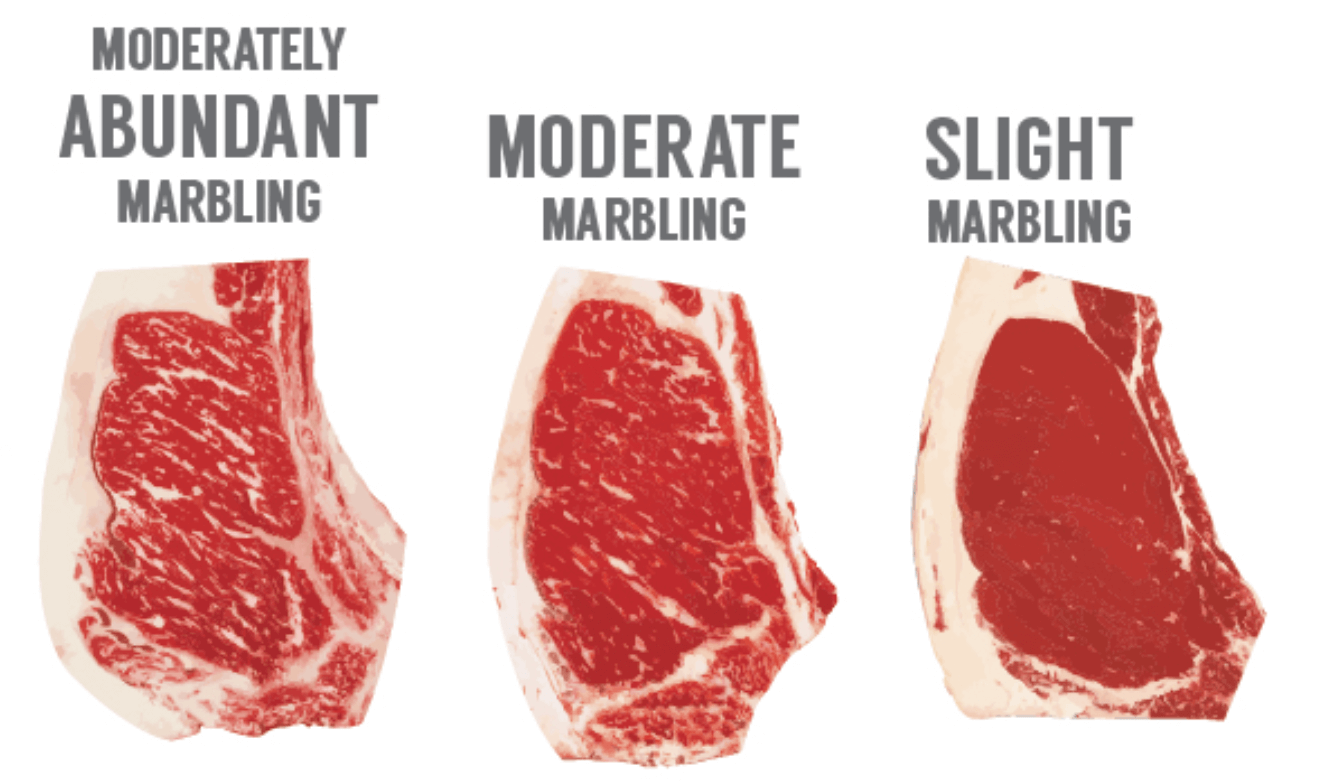Why Do Consumers Want Grass-fed Beef
.jpeg)
Rising prices may induce consumer ire, but some meat-eaters are willing to fork over the cash for high-quality beef.
As supply chain issues and inflation continue to affect food costs, consumer demand for top-quality beef is on pace with a greater supply of higher-quality meat being produced by the beef industry.
According to the CattleFax 2022 Industry Outlook, demand for beef will continue to grow in 2022, amid the highest beef demand in more than 30 years. Consumers' interest in how their beef is raised will also continue to increase with prices, which are expected to remain at historically elevated levels, averaging $7.15 per pound.
"As beef quality has improved over time, demand and consumer spending for beef has also grown. Continuing to focus on meeting consumer demands in quality, as well as things such as production practices, traceability and sustainability will help the industry grow moving forward," according to the February 2022 report.
Francis Fluharty, head of the Department of Animal and Dairy Science at the University of Georgia College of Agricultural and Environmental Sciences, was raised on a cow-calf operation in Ohio and has dedicated his career to determining the effects of energy and protein intake on animal growth, fat deposition and meat quality.
"For ages, we've been paid on weight. We still are, but now with faster-growing cattle capable of achieving finished weights over 1,300 pounds, we're paid for quality too," Fluharty said. "The message is clear that managing cattle in a way that does not lessen their ability to have high-marbling carcasses is crucial to economic profitability."
Consumer interest in premium beef has grown in recent years, as has the percentage of beef graded Prime, the highest grading level by the U.S. Department of Agriculture, climbing from an average of 3% to more than 10% nationally across the U.S. For the regions that include Georgia, that number stood at 16.65% in mid-February.
While specialty beef that is grass-fed, pasture-raised or organic also commands higher prices, Fluharty explained that marketing is key to success.
"Anyone that gets into the grass-fed, pasture-raised, or organic production sectors needs to have a marketing plan. These types of production are niche markets, which is normally defined as less than 5% of the total," Fluharty said. "These production systems are grass-based, not grain-fed. Marbling in these cattle is less than what most consumers desire. The recent increases in price for high-marbling cattle in the upper choice programs like Certified Angus Beef and programs based on Prime beef — corresponding with increases in consumer demand — are in contrast to grass-based production. That doesn't mean that there is not a place in the industry for them — and there are consumers who prefer grass-fed beef and are willing to pay a premium for it — but the success of a program is highly dependent on marketing and teaching consumers to cook leaner beef."

Chen Zhen, Georgia Athletic Association Professor in Food Choice, Obesity and Health in the Department of Agricultural and Applied Economics at CAES, is an expert in consumer food demand.
"We know that consumers are heterogeneous (diverse) in their preferences. There is a segment of consumers who are willing to pay higher prices for these products. For grass-fed beef, these consumers tend to have better nutrition knowledge and eat beef at home more frequently," he said, citing a 2010 study published in the journal Science Direct. "According to the most recent USDA statistics, organic beef products command a 50% — or $3.32 per pound in 2022 dollars — price premium over conventional beef products. This suggests that for the purchasing consumers, their WTP (willingness to pay) is at least 50% over the price of conventional beef. There are likely more potential consumers of organic, grass-fed or pasture-raised beef whose WTP is below the 50% price premium in the current market."
In other words, there are likely more consumers willing to pay for organic beef at a slightly lower premium than current prices.
And while increased attention to animal welfare has made news in the past few years, the national Beef Quality Assurance (BQA) program has been in place since 1987 to provide cattle farmers and ranchers with science-based management practices that improve animal care while enhancing carcass quality and beef safety, Fluharty said.
"In Georgia, BQA certification is good for three years and covers things like vaccine and drug-use practices, the impact of management practices on carcass quality, proper cattle handling, proper facility design, transportation practices, and cattle identification and record-keeping," he added. "It's an industry- and university-driven program that is normally administered through state beef councils, land-grant universities and state cattle associations. Animal welfare concerns have made BQA certification mandatory for participation in many beef programs, as well as leading to third-party audits of cow-calf operations, feedlots and packers with some branded programs."
Although grass-fed beef does not comprise a large share of the market for beef, there is evidence that grass-fed beef producers consider environmental and animal welfare concerns important factors in their decision to be in this business, Zhen said, citing a 2020 study from the Journal of Agricultural and Applied Economics.
"The authors find that animal welfare and environmental concerns are among the top stated reasons for grass-fed beef producers to get into this business, while profitability and strong demand for grass-fed beef are less important reasons for choosing the enterprise," Zhen added.
swansonsumpeormses.blogspot.com
Source: https://newswire.caes.uga.edu/story/8888/prime-choice.html
Post a Comment for "Why Do Consumers Want Grass-fed Beef"